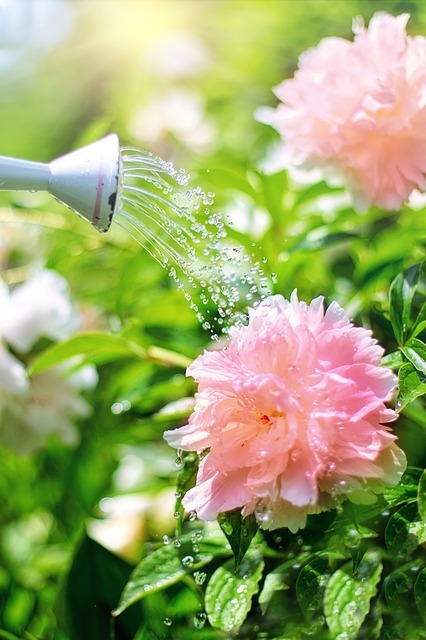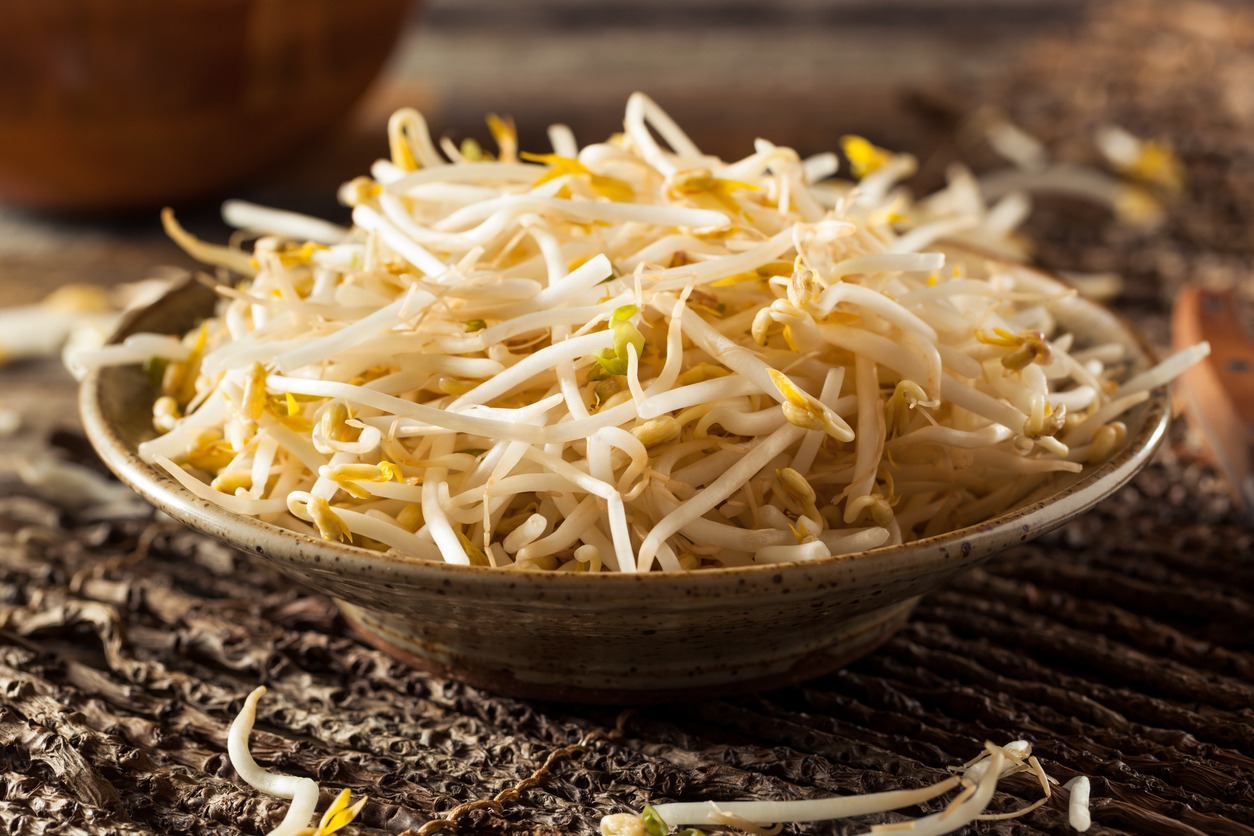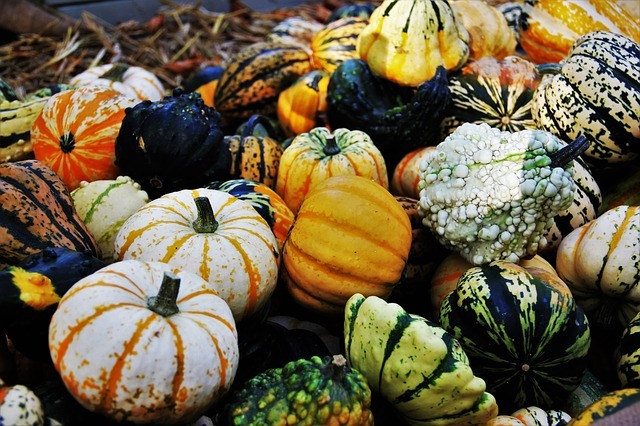Organic Fertilizer Benefits: How It Boosts Your Garden Naturally
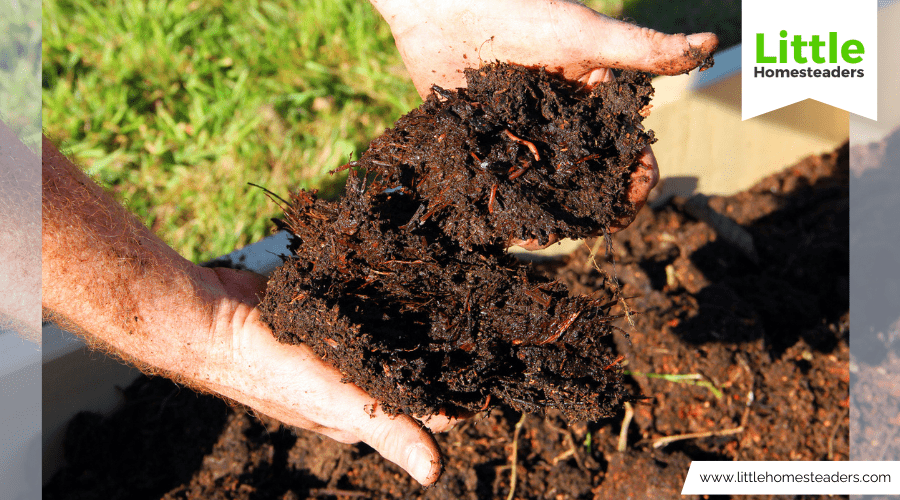
Organic gardening is more than just a buzzword—it’s a conscious decision to nurture your plants in a way that promotes both garden health and environmental sustainability. At the core of this practice is organic fertilizer, a natural alternative to synthetic options that does more than just feed your plants. It builds soil health, supports biodiversity, and reduces your garden’s environmental impact. Whether you're a beginner or a seasoned green thumb, understanding the power of organic fertilizers can completely transform your gardening approach.
In this article, we’ll explore the many benefits of organic fertilizers, provide practical tips for using them, and guide you in making choices that will lead to a thriving, sustainable garden.
What Are Organic Fertilizers?
Organic fertilizers are made from natural materials like plants, animals, or minerals. They’re packed with essential nutrients, but unlike synthetic fertilizers, they don’t deliver nutrients all at once. Instead, they release them gradually, mimicking the slow, steady cycles of nature. This makes organic fertilizers perfect for gardeners who want to invest in long-term soil and plant health.
Organic vs. Synthetic Fertilizers
The biggest difference between organic and synthetic fertilizers lies in their impact. While synthetic fertilizers may provide a quick nutrient boost, they often degrade soil health over time, leading to compaction, nutrient imbalances, and reduced microbial activity. Organic fertilizers, by contrast:
- Work slowly to build rich, healthy soil that improves with time.
- Encourage the growth of beneficial microbes that enhance soil fertility.
- Minimize harm to nearby ecosystems by preventing chemical runoff.
Another key advantage of organic fertilizers is their ability to improve soil resilience. Over time, they create soil that is better equipped to handle environmental stressors such as drought or heavy rains, unlike synthetic fertilizers, which may leave soil depleted after repeated use.
Organic fertilizers are not just about feeding plants—they're about creating a sustainable system that thrives season after season.
1. It Enhances Soil Health
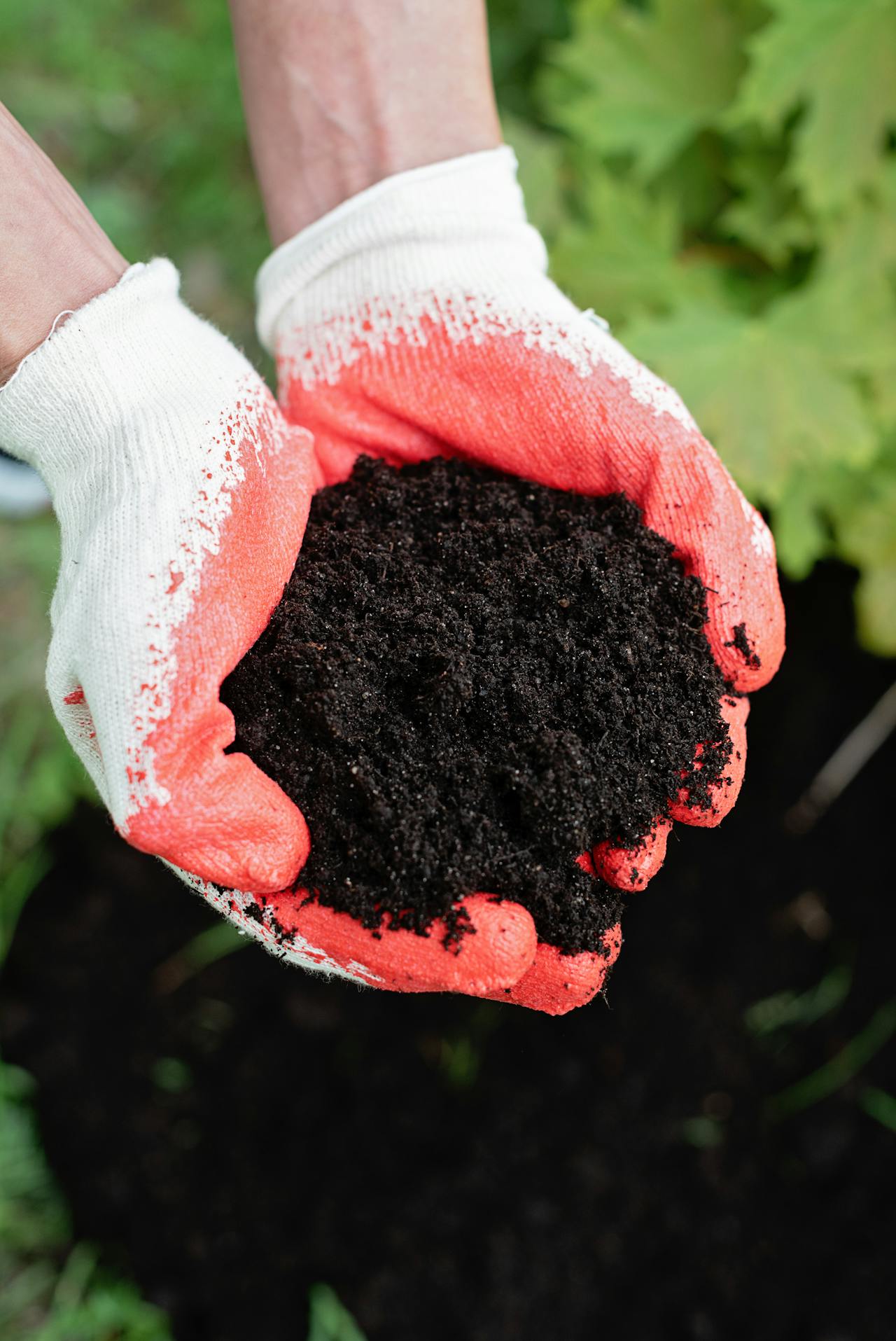
Healthy soil is alive—it’s full of microorganisms, nutrients, and organic matter that work together to nourish plants. Organic fertilizers help you create and maintain this balance, turning your garden’s soil into a thriving ecosystem.
Improving Soil Structure
When you add organic fertilizers like compost, manure, or leaf mold, you’re increasing the amount of organic matter in your soil. This improves soil texture by:
- Making it more porous, allowing roots to breathe and grow freely.
- Enhancing water retention so your plants don’t dry out between watering.
- Preventing soil from becoming compacted which can suffocate roots and limit growth.
In addition, organic matter acts as a natural binder that holds soil particles together, reducing erosion. This is especially important for sloped gardens or areas prone to heavy rainfall. The better the soil structure, the easier it is for plants to access the nutrients they need to thrive.
Encouraging Microbial Life
Beneath the soil surface is a bustling community of microorganisms that break down organic matter and transform it into plant-available nutrients. Organic fertilizers provide these microbes with the food they need to flourish. This increased microbial activity:
- Boosts nutrient cycling, ensuring a steady supply of nitrogen, phosphorus, and other vital elements.
- Creates symbiotic relationships with plant roots, like mycorrhizal fungi that enhance nutrient absorption.
- Protects plants by outcompeting harmful pathogens and pests.
Healthy soil microbes also play a role in carbon sequestration, locking away carbon in the soil and contributing to climate change mitigation.
2. It Supports the Environment
When you choose organic fertilizers, you’re making an environmentally friendly decision. Unlike synthetic fertilizers, which often cause pollution, organic options work harmoniously with nature.
Reducing Pollution
Synthetic fertilizers are notorious for leaching into nearby waterways, causing nutrient pollution and harmful algal blooms that harm aquatic ecosystems. Organic fertilizers, by contrast:
- Stay in the soil longer, reducing the risk of leaching into groundwater.
- Decompose naturally, leaving behind no toxic residues.
- Prevent soil erosion by improving structure and stability.
Using organic fertilizers also prevents the buildup of salts in the soil, which is a common issue with synthetic options. Salty soils make it harder for plants to absorb water and nutrients, leading to poor growth.
Lowering the Carbon Footprint
The production of synthetic fertilizers is energy-intensive, relying on processes that emit significant amounts of greenhouse gases. Organic fertilizers, especially those made from recycled materials, reduce this carbon footprint in several ways:
- Composting at home eliminates the need for industrial processing.
- Manure and other agricultural byproducts are repurposed instead of wasted.
- Carbon is stored in the soil as organic matter breaks down.
Incorporating organic fertilizers is a small but impactful step toward reducing your garden's contribution to climate change.
3. It Promotes Steady Plant Growth

Plants need a consistent supply of nutrients to grow, and organic fertilizers provide this in a gentle and effective way. Unlike synthetic fertilizers, which can “shock” plants with an overload of nutrients, organic options release nutrients gradually, supporting steady, balanced growth.
Balanced Nutrients for All Stages of Growth
Organic fertilizers contain both macronutrients (nitrogen, phosphorus, potassium) and micronutrients (calcium, magnesium, sulfur), offering a complete nutrient package. These nutrients:
- Support robust root development, which anchors plants and improves their ability to absorb water and nutrients.
- Encourage lush green foliage for photosynthesis.
- Promote vibrant blooms and abundant fruit production.
The slow-release nature of organic fertilizers ensures that plants are never overwhelmed. Instead, they grow at a steady pace, building strength and resilience over time.
Improving Plant Health
Healthy plants are better equipped to resist pests, diseases, and environmental stressors. The balanced nutrition provided by organic fertilizers strengthens plants from the inside out, making them more resilient. This can result in higher yields for vegetables and fruits and longer-lasting blooms in ornamental plants.
4. It Boosts Microorganism Activity
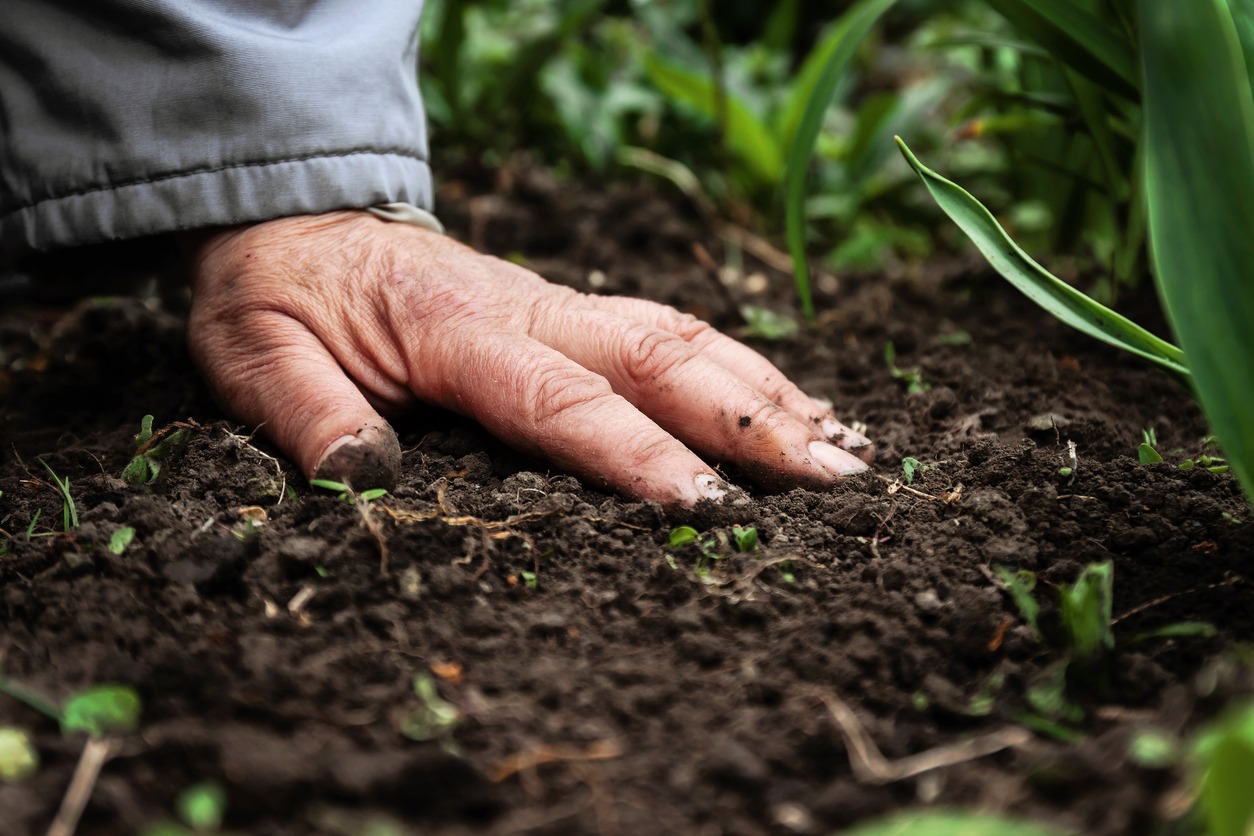
Microorganisms are the unsung heroes of a healthy garden. They break down organic material into nutrients your plants can use, improving both soil fertility and plant health.
Creating a Thriving Soil Ecosystem
When you add organic fertilizers, you’re feeding these tiny helpers. The microbes flourish, creating a ripple effect that benefits your entire garden. They:
- Break down tough organic materials, turning them into rich humus.
- Help your plants absorb nutrients more efficiently.
- Protect your garden from harmful pathogens by maintaining a balanced ecosystem.
Some organic fertilizers, like those containing mycorrhizal fungi, even work directly with your plants’ roots to improve water and nutrient uptake. Over time, this symbiotic relationship can significantly enhance the health and productivity of your garden.
Long-Term Benefits
The effects of increased microbial activity extend far beyond a single growing season. By building a robust microbial community, organic fertilizers create soil that improves year after year, reducing the need for additional amendments over time.
5. It Improves Water Retention
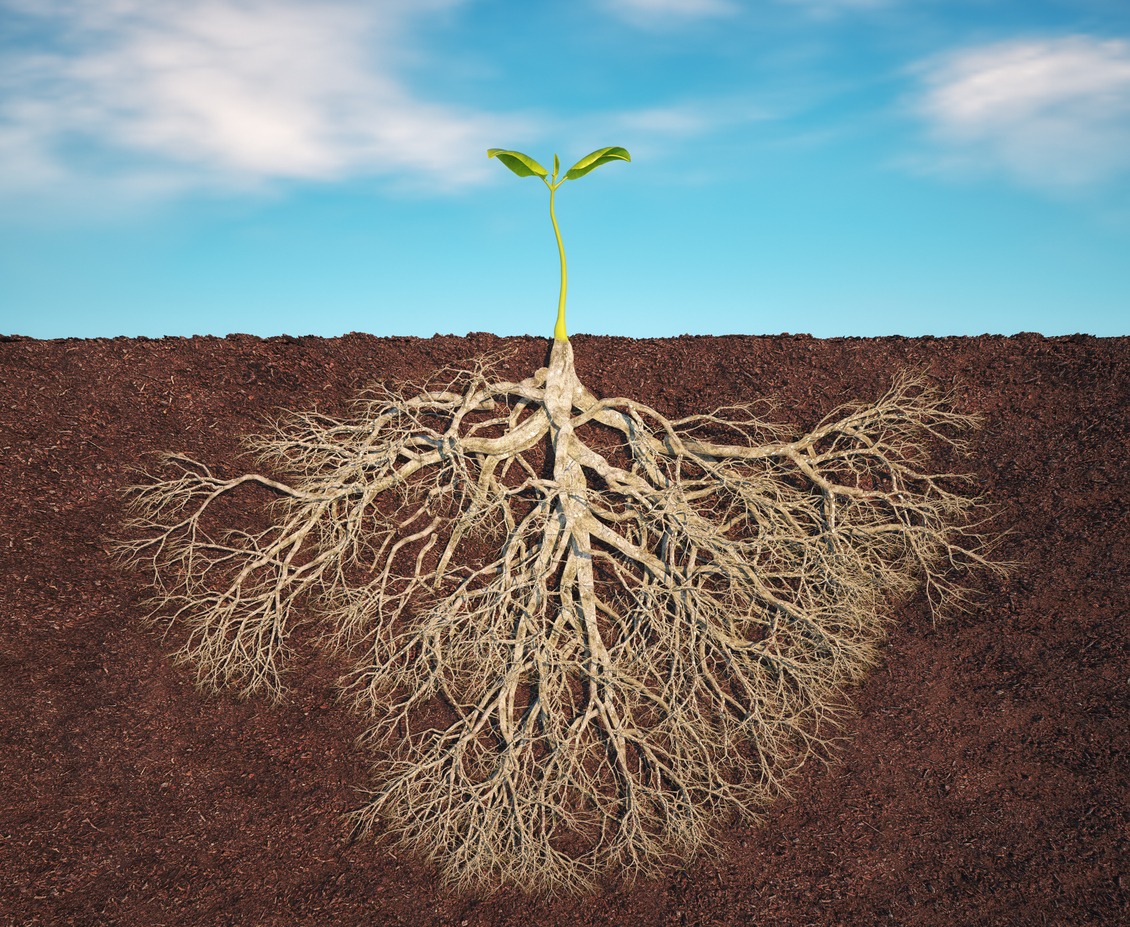
Water is a precious resource, and organic fertilizers can help your soil make the most of every drop. By improving soil structure, these fertilizers increase your garden’s ability to hold water, which benefits both your plants and the environment.
Benefits of Water Retention
- Less Frequent Watering: Organic matter can increase your soil’s water-holding capacity by 20% or more, reducing the need for daily watering.
- Healthier Roots: With better water retention, plants can access moisture more easily, leading to deeper, stronger roots.
- Drought Resistance: During dry spells, gardens enriched with organic fertilizers fare better because they retain moisture longer.
Adding organic materials like compost or coconut coir improves sandy soils, which often drain too quickly. Similarly, these amendments help loosen heavy clay soils, allowing water to penetrate more effectively.
6. It Helps You Achieve Long-Term Sustainability
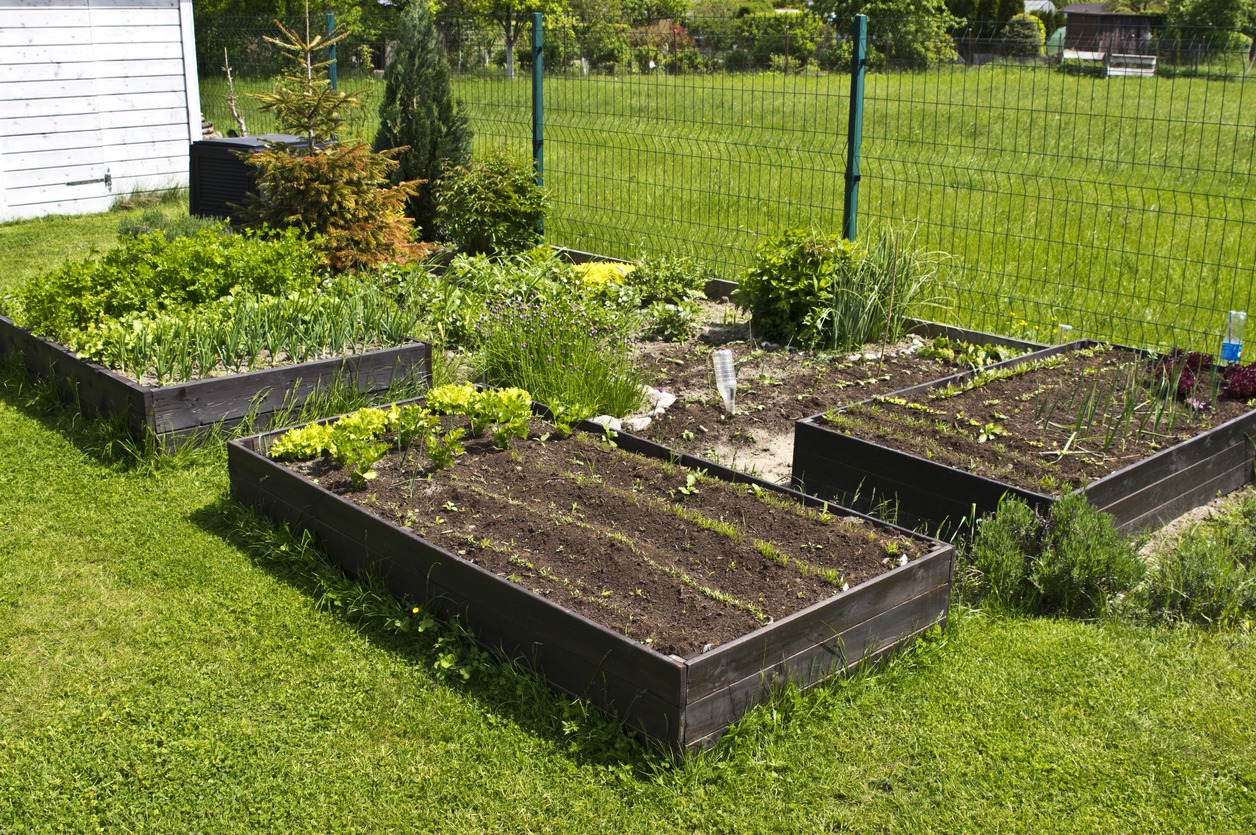
Organic fertilizers are not a quick fix; they’re a long-term investment in your garden’s health. Over time, they improve your soil, create a self-sustaining ecosystem, and reduce your reliance on external inputs.
Building Resilient Gardens
By continually adding organic matter, you’ll cultivate soil that becomes richer and more productive with each passing season. This resilience helps your garden withstand:
- Pests and diseases, thanks to a healthy microbial community.
- Environmental stressors, like drought or extreme temperatures.
Sustainable gardens are not only better for the environment but also easier to manage in the long run, requiring fewer chemical inputs and less maintenance.
Pairing with Other Practices
Combine organic fertilizers with sustainable gardening methods like crop rotation, cover cropping, and mulching. Together, these practices create a garden that’s not only productive but also self-sufficient.
How to Choose the Right Organic Fertilizer
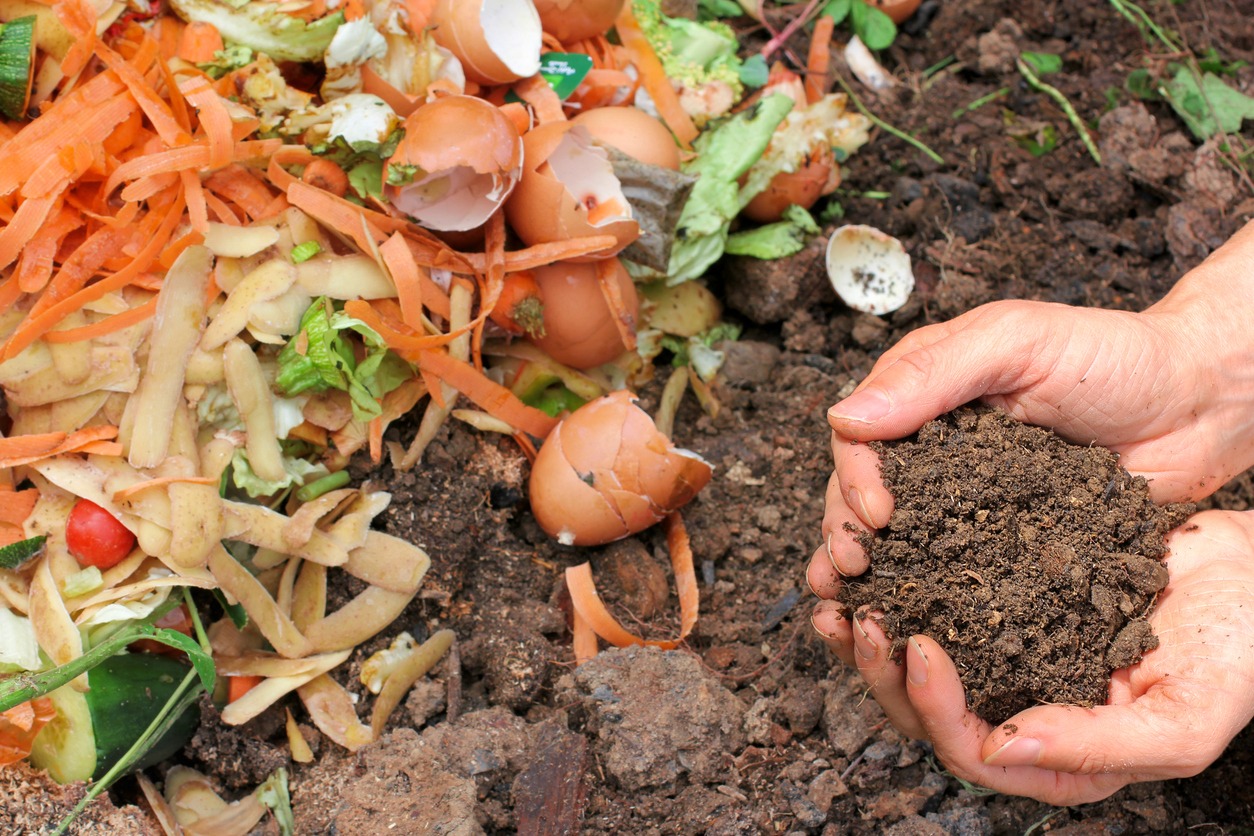
With so many organic fertilizers available, it’s important to choose one that meets your garden’s specific needs. Start with a soil test to identify nutrient deficiencies, then select a fertilizer tailored to your plants.
Popular Organic Fertilizers
- Compost: Improves soil structure and provides a well-rounded mix of nutrients.
- Bone Meal: High in phosphorus, great for flowering plants.
- Blood Meal: A quick source of nitrogen for leafy greens.
- Fish Emulsion: A liquid fertilizer that delivers fast-acting nutrients.
Understanding Release Rates
- For immediate results, use liquid fertilizers like fish emulsion.
- For slow, steady feeding, choose options like compost or manure.
Matching the fertilizer to your plants’ growth stage ensures they get the nutrients they need when they need them.
DIY Organic Fertilizers
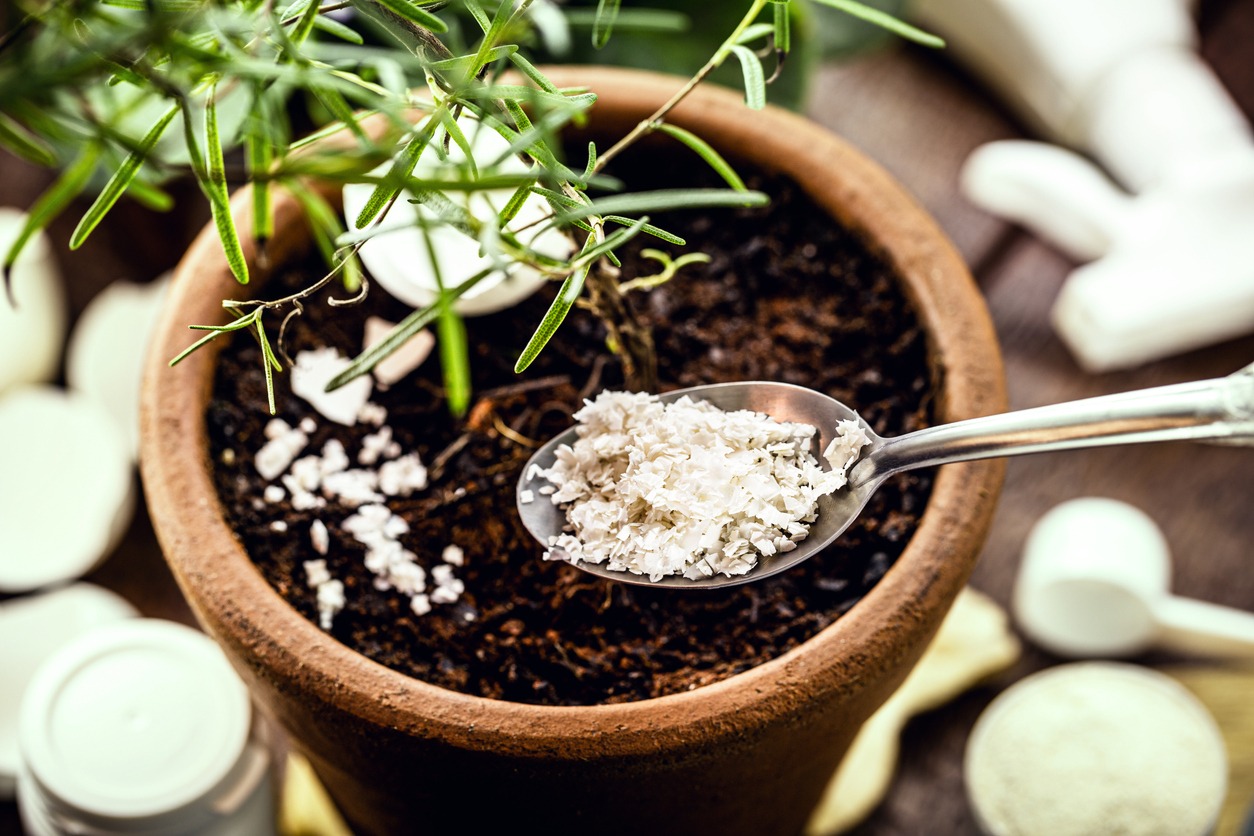
Creating your own organic fertilizers is not only cost-effective but also a great way to reduce waste. Here are a few ideas:
- Banana Peel Tea: Soak banana peels in water to create a potassium-rich liquid fertilizer.
- Eggshell Powder: Crush eggshells and mix them into your soil for a calcium boost.
- Composting: Turn kitchen scraps into nutrient-rich compost for free.
These homemade options are simple to make, highly effective, and perfect for gardeners who want to reduce their environmental footprint.
Conclusion
Organic fertilizers are much more than plant food—they’re a key to creating a thriving, sustainable garden. They enrich the soil, promote biodiversity, and reduce environmental harm, all while helping your plants grow strong and healthy. Whether you’re using store-bought options or making your own at home, incorporating organic fertilizers into your gardening routine is a choice that benefits your garden and the planet.
Start small, experiment with different types of organic fertilizers, and watch your garden transform into a lush, productive paradise—naturally.

